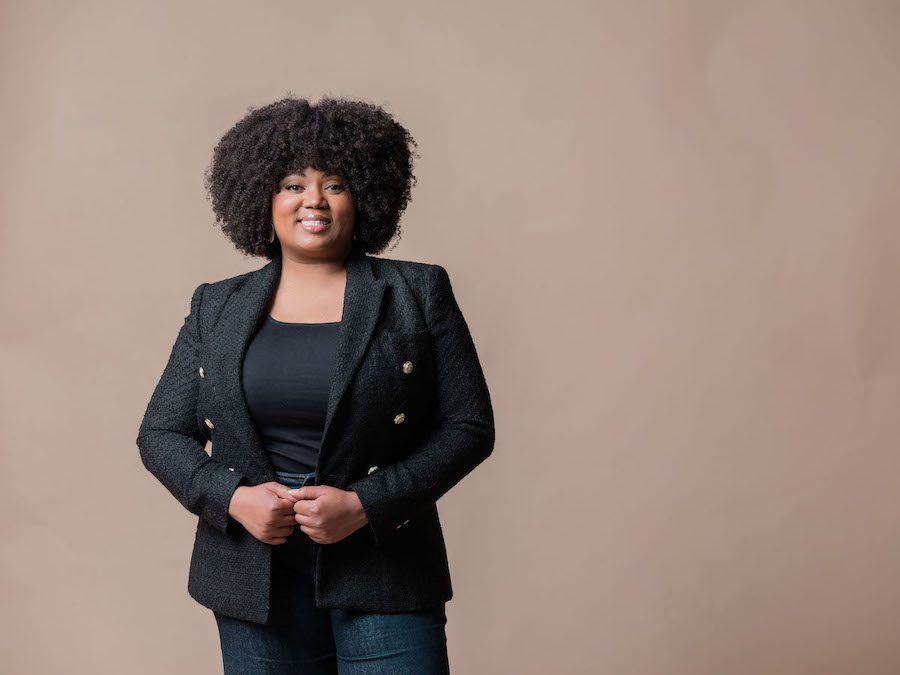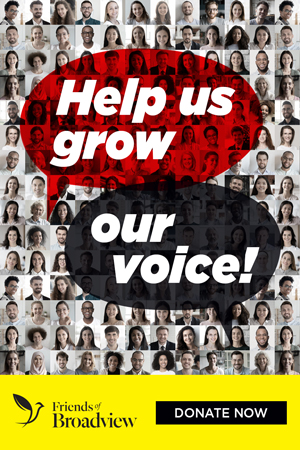Ika Washington thought that growing up as a child of Jamaican parents in a multicultural country was great. At first.
Looking back on her childhood in Vaughan, Ont., Washington remembers feeling happy and accepted in her mostly white community. Her black skin was simply part of her personality. She remembers sporting cornrows while the other girls wore pigtails and searching for a brown crayon to draw her family.
“That was the moment that I recognized my Blackness,” she said. At the time she did not see her colour as holding her back.
But years later it did.
Washington is now finishing a PhD and working full-time as a health equity specialist for a Toronto hospital. But she feels her career is stalled when compared to those of white friends with similar education and experience. Some of her friends in her graduating class are now senior managers.
“And I am still not in a senior role,” she said. “It’s not fair.”
Canada has long been hailed as a sanctuary for Black refugees and a champion of women’s equality. But Black professional women like Washington are still waiting for a chance to thrive. Black women make up two percent of the Canadian population but less than one percent of senior managers and those in the pipeline to senior management, according to The Prosperity Project, a Canadian charity that publishes an annual report on gender diversity and leadership.
“There continues to be a serious underrepresentation of [Black] women…in corporate Canada,” said the 2023 Annual Report.
Racism is holding Black women back, said Kim Crowder, who is recognized as a Forbes top anti-racism educator. Crowder says that Black women struggle to receive equal pay, be viewed as leaders, and get recognition for their work. In her personal experience, she said some white colleagues have been uncomfortable with her direct style
Crowder, who helps leaders in the United States and Canada strengthen their relationships with Black employees, said although Canadians pride themselves on being a polite nation without racial prejudices, she believes Black women in Canada are no better off than those in the United States.
“Just because you don’t talk about it, doesn’t mean it doesn’t exist,” she said.
More on Broadview:
- Why we must call out microaggressions
- How Black women are navigating feminism through African spirituality
- These three Black women are breaking barriers in ministry
A recent study by Robert Walters found that one in five Canadian Black female professionals feel that they are overlooked for opportunities and lack rapport with decision makers.
The difficult struggles for Black Canadian women does not surprise Bernard Moitt, a Black history professor at Virginia Commonwealth University. Black women comprise 28 percent of women in the United States – compared to just four percent in Canada – providing a critical mass to propel change, he said.
Lack of mentorship is also a stumbling block for Black professional women, Moitt says. Black women faced historic inequality and then were left behind in the white feminist movement. “There has been no real sisterhood.”
The importance of sisterhood has been unmistakable for Michelle Chung, a Black Ontario public service worker. In one role where the 40-year-old was the only Black person on a professional team, she felt left out in conversations and social activities and passed over for promotions. After taking some time off, Chung returned to the same role under a new manager – a Black woman.
“It was different,” Chung said. “I had never experienced this kind of [supportive] treatment.”
Want to read more from Broadview? Consider subscribing to one of our newsletters.
Within months, Chung was promoted.
The opportunity to help Canada’s Black female professionals is not just an opportunity for the Black women but for Canadian organizations themselves, according to a study by McKinsey & Company. Companies with higher levels of gender, ethnic, and cultural diversity outperform their less diverse peers on profitability.
“Leadership diversity is also convincingly associated with holistic growth ambitions, greater social impact, and more satisfied workforces,” the report said.
Still for Washington, managing as a diverse leader is taking a deep emotional toll. “We’ve been fighting for a very long time,” she said.
But Washington also sees the seeds of change for a much brighter future. It is becoming easier to have conversations about racism and diversity in professional environments, she said. “My trajectory of life changes every day.”
***
Katharine Lake Berz is a writer based on Vancouver Island and in Toronto. www.lakeberz.com
Thanks for reading!
Did you know Broadview is the only media organization in Canada dedicated to covering progressive Christian news and views?
We are also a registered charity and rely on subscriptions and tax-deductible donations to keep our trustworthy, independent and award-winning journalism alive.
Please help us continue to share stories that open minds, inspire meaningful action and foster a world of compassion. Don’t wait. We can’t do it without you.
Here are some ways you can support us:
Thank you so very much for your generous support! Together, we can make a difference.
Jocelyn Bell, Editor/Publisher, CEO and Trisha Elliott, Executive Director


Comments